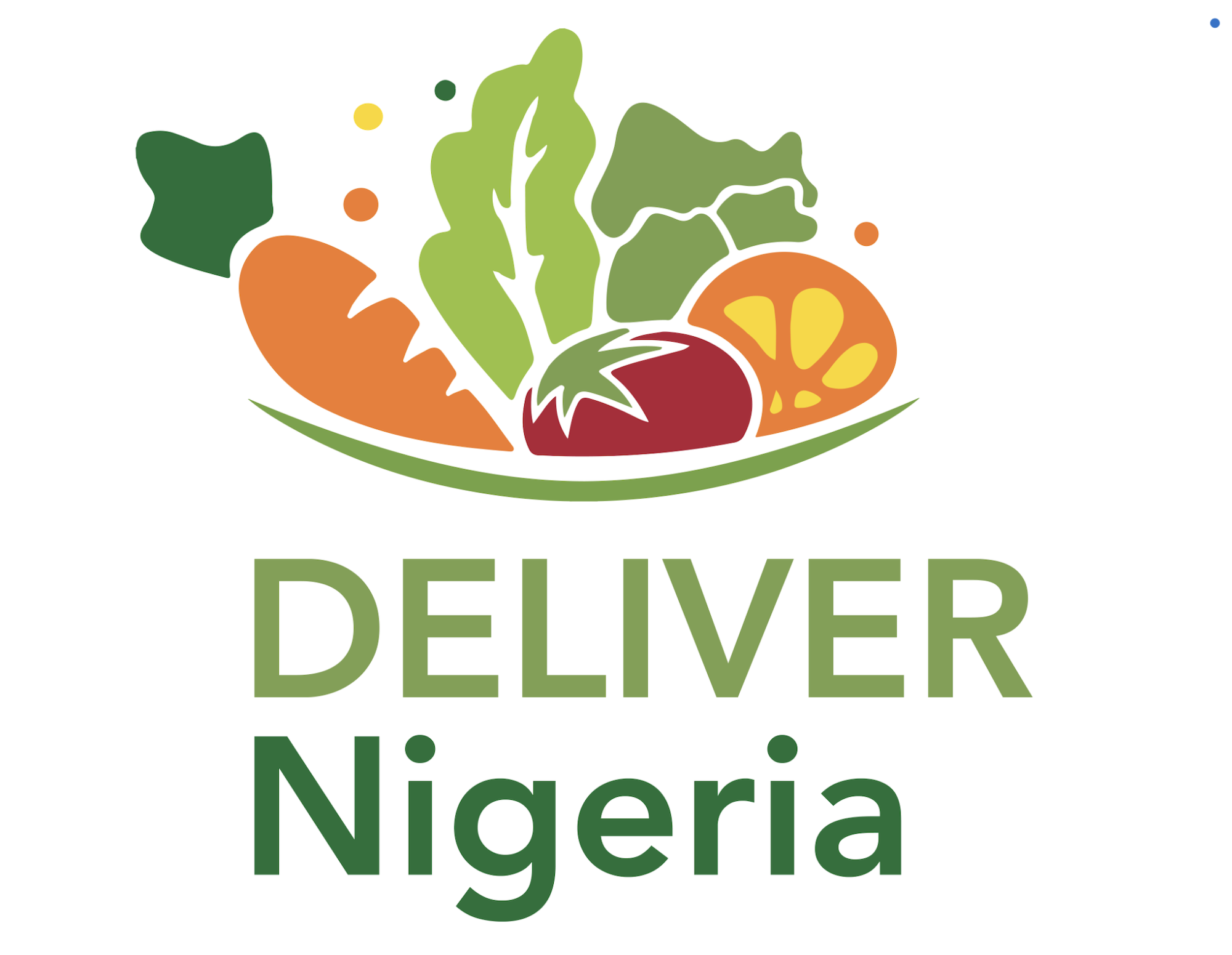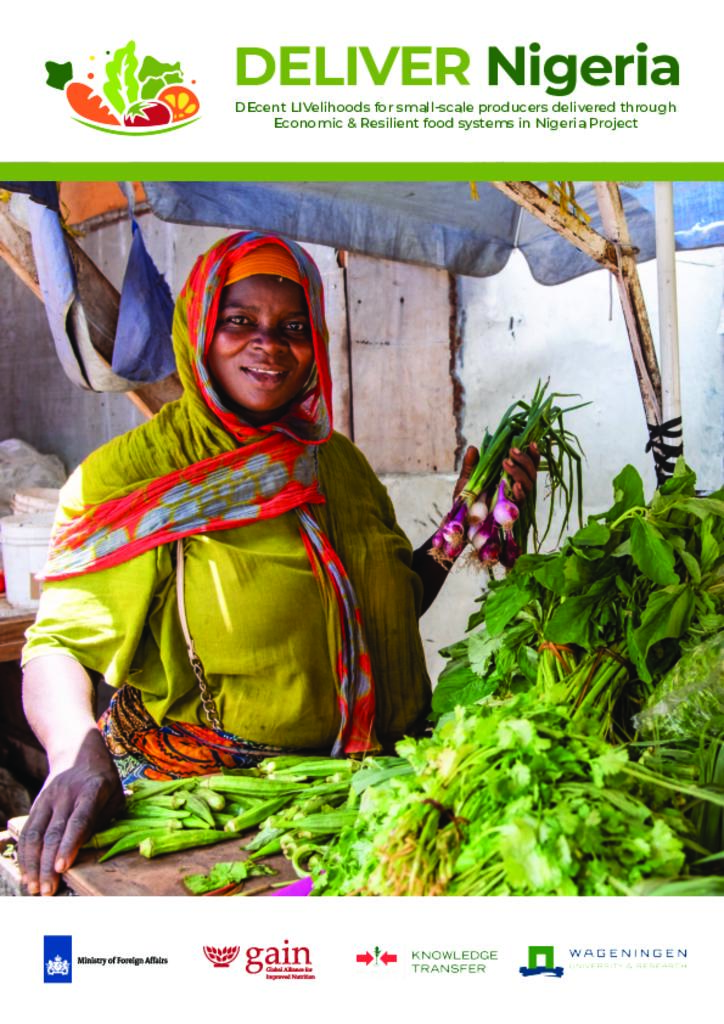DELIVER Nigeria
DEcent LIVelihoods for small scale producers delivered through Economic & Resilient food systems in Nigeria
Project Summary
DELIVER Nigeria is a transformative three-year project (July 2024 - June 2027) designed to enhance the livelihoods of smallholder vegetable farmers in Kaduna and Kano states. This initiative, led by the Global Alliance for Improved Nutrition (GAIN) in partnership with East-West Seed Knowledge Transfer Foundation (EWS-KT) and Wageningen University and Research (WUR), addresses key challenges such as low yields, limited market access, high postharvest losses, and inadequate finance. The project will:
- Build capacity of farmers in vegetable production and marketing.
- Enhance climate resilience and reduce postharvest losses.
- Strengthen sector professionals' expertise.
- Foster market connections and improve access to finance.
- Promote vegetable consumption.
PROJECT GOAL
- Enhancing Livelihoods: Empower smallholder farmers, with a focus on youth and women, to increase income and improve livelihoods.
- Promoting Healthier Diets: Encourage the consumption of a variety of vegetables to foster healthier dietary habits within the community.


Key Outcomes
![]() Immediate Outcomes:
Immediate Outcomes:
- Smallholder farmers are engaged in diverse vegetable production as a means of generating income.
- Consumers show increased interest in purchasing new vegetable varieties.
- Improved vegetable yields among smallholder farmers, especially youth and women.
- Better storage and safety of vegetables, reducing post-harvest losses.
- Enhanced access to finance, allowing farmers to scale up their businesses.
![]() Intermediate Outcomes:
Intermediate Outcomes:
- Year-round production of diverse vegetables for consumption and income generation.
- Availability of a wider variety of affordable vegetables for consumers.
- Safe, quality vegetables reach markets.
- Improved financial access for farmers to expand their operations.
![]() Ultimate Outcomes:
Ultimate Outcomes:
- Increased consumption of diverse, fresh, and preserved vegetables.
- A more competitive input and output markets developed to enhance affordability and availability of vegetables.
- Higher incomes for smallholder farmers, enabling business growth.
![]() Empowering Future Generations
Empowering Future Generations
With a goal of involving 50% youth and 30% women among key farmers, DELIVER Nigeria will harness the drive and innovation of these groups. The project aims to train 25,000 new smallholder farmers over three years, resulting in substantial improvements in vegetable yields, market access, and income generation.
Key Activities
- Organize community events to promote the production and consumption of vegetables while simultaneously launching campaigns in terminal markets to encourage the purchase of diverse varieties of vegetables.
- Conduct market surveys and track prices to better understand consumer preferences and market trends.
- Build the capacity of farmers on vegetable production techniques, Good Agronomic Practices (GAP), and sustainable irrigation solutions (including climate-smart practices).
- Build the capacity of agri-input dealers to effectively support farmers.
- Build capacity of smallholder farmers on best pre-and post-harvest practices and technologies to improve efficiencies, food safety, and reduce loss and waste.
- Build the capacity of sector professionals on crop agronomy, safe handling & storage of chemicals & fertilizers, as well as agro-blending learning trajectories.
- Build the capacity of farmers on financial planning and business management (micro-enterprise, agribusiness investment, financial literacy, record keeping, business models, etc.).
- Support smallholder farmers to establish financial inclusion platforms like Village Savings and Loan Associations (VSLAs) to increase savings.
- Facilitate linkages between farmers and microfinance institutions, including those led by the government and other entities.
- Establish 1,000 demonstration plots to showcase advanced agricultural techniques.
- Enhance business and market planning skills for 25,000 previously trained farmers.
